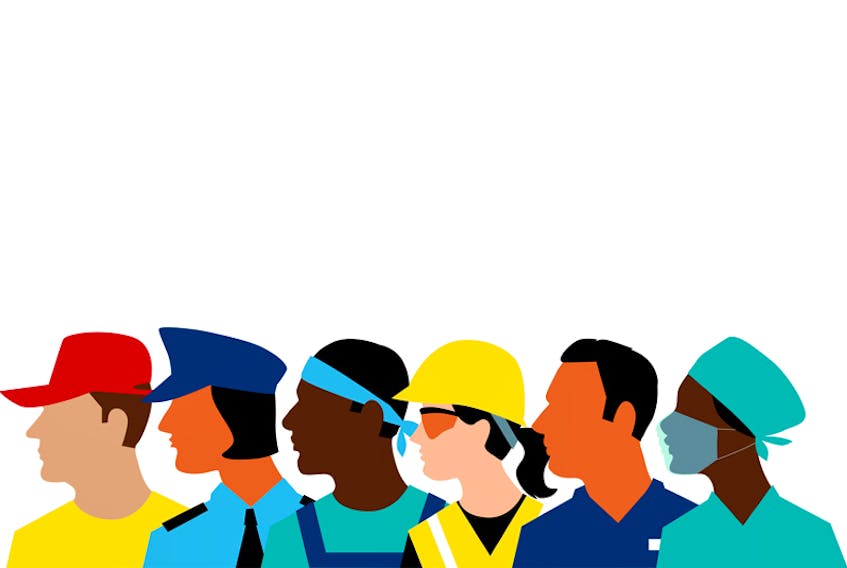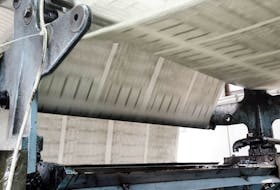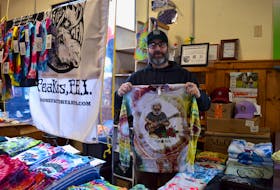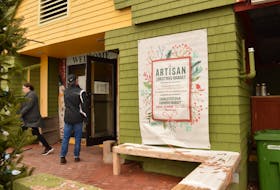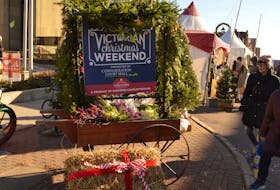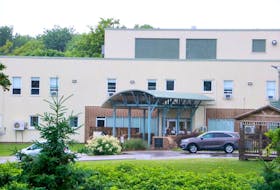“Labour” is a concept that has entirely transformed in 2020.
Labour Day, marked on the first Monday in September annually, recognizes the social and economic achievements of Canadian workers.
It has even more meaning this year, with workers in stores, factories, hospitals, the field and many other places being hailed as heroes during the COVID-19 pandemic.
The federal government defines essential workers as “critical to preserving life, health and basic societal functioning” and they are identified under 10 sectors within Canada’s National Strategy for Critical Infrastructure.
While many workplaces have reopened to a limited extent, allowing for some sense of normalcy, essential workers have been serving Canadians since the very beginning of the pandemic in March. With many provinces still under states of emergency, a wide variety of these workers will continue to serve essential needs even as restrictions change.
Jessica Pyke, continuing care assistant

For some people who cannot take care of themselves, self-isolating means cutting off their lifeline. This is where workers like Jessica Pyke, who has been working for the Victorian Order of Nurses (VON) for eight years since the age of 21, steps in.
Without VON workers like Pyke, who are driving routes as early as 7 a.m. or as late as 11 p.m., many clients would be isolated and unwell. The pandemic shut down many public services and kept some family members from visiting their relatives. Although some services, such as housekeeping, have been cancelled, VON workers are still there to provide care.
“It just goes to show that a lot of our clients cannot be by themselves,” said Pyke, who works out of the Truro, N.S. office. “They couldn't get out of bed, some of them couldn't get meals for themselves.”

The continuing care assistant enjoys getting to know clients within the comfort of their homes, which are often very personal places.
“It's nice to be able to go in and keep them there because if it wasn't for the service, many of them would be in a nursing home, long-term care facility or hospital,” she said.
While ensuring she has adequate personal protective equipment and taking precautions with clients, she is also diligent about keeping her children, ages two and four, and her elderly grandparents safe. Contact with her grandparents has been limited to calls and she avoids taking her children to the grocery store.
“Balancing work and a family on a regular day definitely isn't always easy, but you throw on the pandemic and it throws a big challenge at you … it's a lot of planning ahead of time,” she said.
She wants essential workers to know that despite what the future brings, they are in this together.
“I know sometimes that you just feel so extremely overwhelmed and stressed … it's just really important to stay positive and have yourself a nice little support group, whether it's co-workers or family or friends.”

Kreuzer, plumber
When water issues happen, it can be a panic to get them fixed. Workers like Shawn Kreuzer, a plumber since 1997, are there to help. He has run Advanced Plumbing Service with his wife, Adean Kreuzer, in Summerside, P.E.I., for over three years, specializing in plumbing, heating and new construction.
When the pandemic first hit, Adean was laid off from her full-time job and bookings for the Airbnb they own were cancelled, all while they were trying to figure out safety protocols for Shawn.
Initially, when they called the P.E.I. government for clarification, Adean says that they were told to stay home.
“I said, ‘“I think we're going to have a lot more sick people if he doesn't go to broken sewer pipes and flooded basements,’” said Adean. “They were a little caught off guard because everything was happening so fast.”
The Kreuzers justified plumbing as an essential work and developed a plan for Shawn to safely work in homes, which included wearing gloves (before masks became readily available) and working in rooms alone, communicating with homeowners through walls or via phone.
He has been busier than normal this year and has the added challenge of working around supply shortages. Their 12-year-old son is there to help as he learns the ropes of plumbing.
“He is extremely busy and way overbooked, booking two to three weeks out,” said Adean.
Adean said that they are appreciative of their customers who are forthcoming about COVID-19 screenings and want to do the same. When the Atlantic bubble formed, they decided against reopening their Airbnb.
“We have quite a few vulnerable customers, like elderly customers,” she said. “We didn't want to be responsible thinking, ‘What customers had we been to and who did we have contact with?’”
Because Shawn has been so busy, they have missed engaging with the community, but try to continue supporting local businesses through acts of kindness such as paying for orders at drive-thrus and ice cream shops.
“It's our community that keeps us going, right?” she said. “So, we need to keep our community going.”
Sheryl Lamkin, constituency assistant

Essential workers are not just on the frontline. When the pandemic first hit in March, people were facing many uncertainties over their financial and living circumstances. Constituency assistants like Sheryl Lamkin were there to be a voice of reassurance and help them find answers.
The sole employee at the Labrador City, N.L., office for MP Yvonne Jones, where she has worked for over two years, she helps those having issues with federal service programs, which include Service Canada, the Canadian Revenue Agency and Immigration, Refugees and Citizenship Canada.
Lamkin said she and her colleagues at other constituency offices often worked 12 to 15 hours a day early on in the pandemic, making sure those in dire need found help.
“It was really tough in the beginning, reaching out to a lot of community support for these people, because there was really nothing that anyone knew about what was going to happen or how long it was going to last,” said Lamkin.
It was especially important to help seniors, she said, because many are not capable of accessing information and applying for programs online.
“I would print off the forms that they needed and drop them in my mailbox, and then pick up or drop them to their homes if they weren't driving, or whatever the case was,” she said.
Some essential workers, like Lamkin, are immunocompromised. Her health issues, which include lupus and asthma, have kept her working from home, where she also takes care of her children and pets.
Being immunocompromised has also meant stepping back from weekly training at Labrador City Fire Rescue, where she has volunteered as an accountability officer for over three years. In that role, she typically accounts for those who have escaped burning buildings. The firefighters are still training and returning calls with COVID-19 safety precautions.
She looks forward to returning to the constituency office building, which is expected to reopen this month with the necessary safety protocols.
“I might be essential, but I'm essential from home,” she said. “To everyone that's out working with the public every day, I can't say ‘thank you’ enough.”

